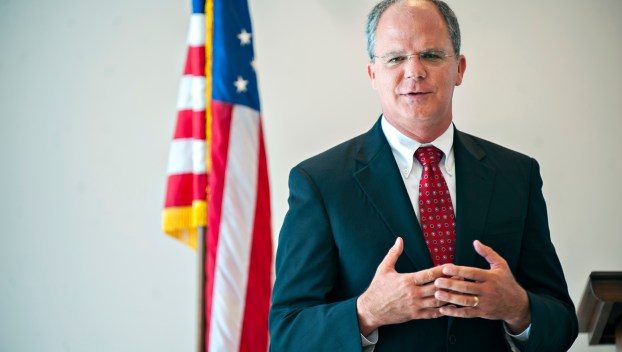
News
Guthrie listens to questions, concerns at ‘Congress in Your County’
Ben Mohon wanted to get some information about what is going on in Washington, D.C., so he went ... Read more

Ben Mohon wanted to get some information about what is going on in Washington, D.C., so he went ... Read more
U.S. Rep. Brett Guthrie, R-Ky., is backing a bill that would prevent Minor League Baseball players from being ... Read more